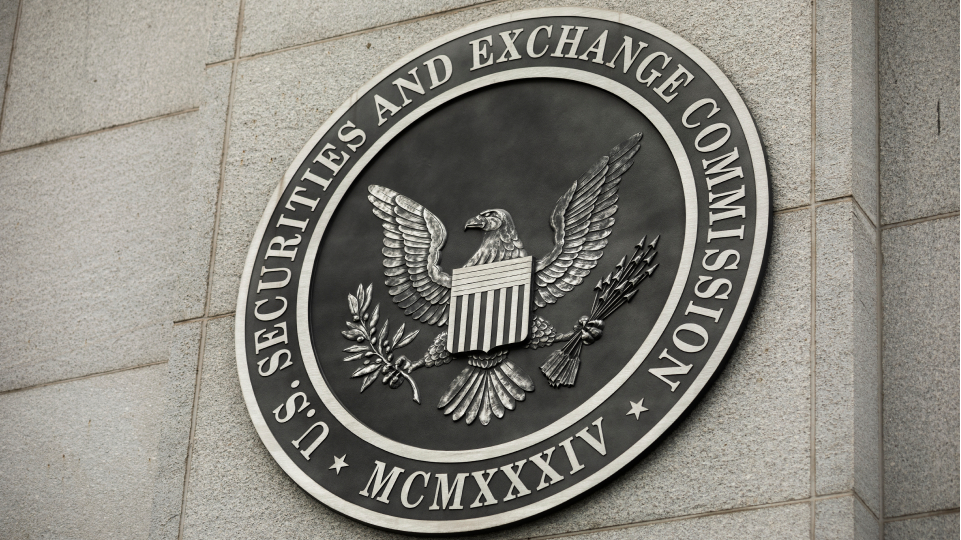|
Getting your Trinity Audio player ready...
|
In a striking case of alleged investor deception, Rimar Capital and its executives have settled charges with the United States Securities and Exchange Commission (SEC) after being accused of fabricating their artificial intelligence (AI) capabilities to raise nearly $4 million. The firm, alongside its CEO Itai Liptz and board member Clifford Boro, agreed to pay a $310,000 civil penalty without admitting or denying the SEC’s findings, as detailed in an October 10 statement from the agency.
A False AI Narrative
According to the SEC, Liptz and Boro promoted Rimar as possessing an “AI-driven” trading platform for cryptocurrencies, equities, and futures. They capitalized on the growing interest in AI technology by using “buzzwords” in pitch decks, social media posts, and direct communications with potential investors. However, the SEC emphasized that Rimar had no actual trading application at the time of its fundraising efforts and has never developed a platform for trading stocks or cryptocurrencies.
Andrew Dean, co-chief of the SEC’s Asset Management Unit, stated, “As AI becomes more popular in the investing space, we will continue to be vigilant and pursue those who lie about their firms’ technological capabilities and engage in ‘AI washing.’” This statement highlights the regulatory body’s commitment to cracking down on fraudulent practices that exploit the burgeoning AI market.
Inflated Claims and Financial Mismanagement
The SEC’s investigation revealed additional misleading information provided to investors. Liptz and Boro falsely claimed that Rimar managed assets between $16 million and $20 million, when, in reality, the firm had less than $2 million under management. Furthermore, they exaggerated the performance of Rimar’s client accounts, alleging a 46% compounded annual growth rate since 2015.
Compounding these deceptive practices, Liptz reportedly misappropriated company funds for personal expenses, claiming these expenditures were for marketing and the development of a “Hedge Fund for Everyone” app. The SEC found that such actions constituted a blatant disregard for investor trust and regulatory standards.
Settlement and Industry Consequences
As part of the settlement, Liptz agreed to pay $213,600 in disgorgement and prejudgment interest, along with a $250,000 civil penalty. He has also received a five-year ban from the industry, while Rimar Capital and its entities consented to a censure and a cease-and-desist order for violating antifraud provisions.
Also Read: Ripple vs. SEC – XRP Faces 4-Year Legal Battle Amid Price Drop To $0.533
The case serves as a cautionary tale for investors navigating the increasingly complex intersection of technology and finance. As AI continues to gain traction, the SEC’s proactive stance indicates a heightened focus on ensuring transparency and accountability in investment practices.
The Rimar Capital case underscores the critical importance of due diligence and skepticism when evaluating investment opportunities, especially those claiming advanced technological capabilities. With regulators like the SEC intensifying their efforts to combat fraud in the rapidly evolving financial landscape, investors must remain vigilant against the allure of misleading claims and the misuse of AI jargon. This settlement not only reinforces regulatory scrutiny but also signals to the market that deceptive practices will not go unpunished.
Disclaimer: The information in this article is for general purposes only and does not constitute financial advice. The author’s views are personal and may not reflect the views of Chain Affairs. Before making any investment decisions, you should always conduct your own research. Chain Affairs is not responsible for any financial losses.
I’m a crypto enthusiast with a background in finance. I’m fascinated by the potential of crypto to disrupt traditional financial systems. I’m always on the lookout for new and innovative projects in the space. I believe that crypto has the potential to create a more equitable and inclusive financial system.




